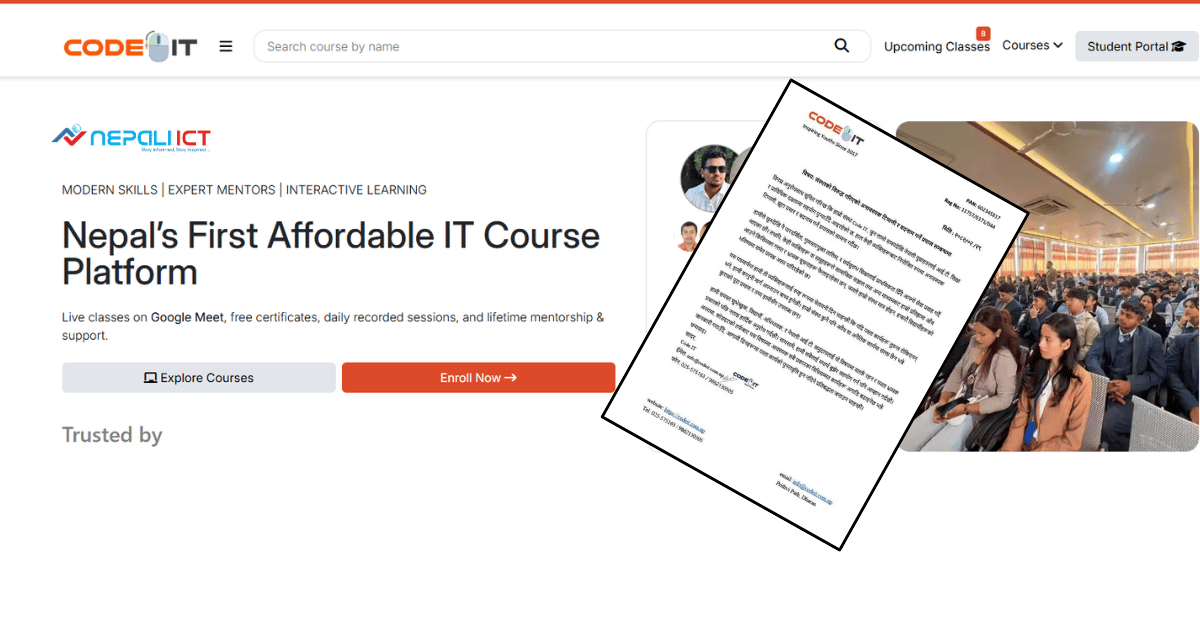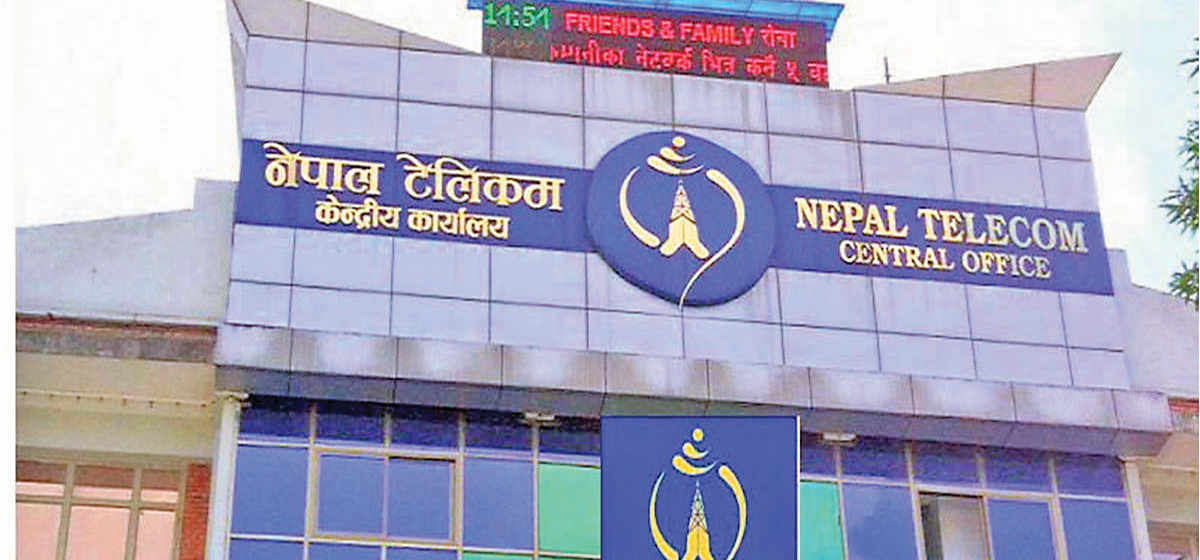Registering a company in Nepal is the first step toward turning your business idea into reality. With the introduction of the Company Administration Management Information System (CAMIS), the process has become more efficient, transparent, and digitally accessible. This guide explains the updated registration process using CAMIS, including post-registration compliance and applicable government fees.
Step-by-Step Guide to Company Registration in Nepal (via CAMIS)
Step 1: Company Name Approval
1. Create an OCR Portal Account
-
Visit the Office of the Company Registrar (OCR) portal.
-
Register using:
-
A valid email address (used as the username)
-
A mobile number (OTP required for verification)
-
2. Propose Company Name and Details
-
Submit the proposed company name in both English and Nepali.
-
Choose:
-
Company type (e.g., Private, Public, Single-shareholder)
-
Business objectives (from predefined categories)
-
3. Name Review and Approval
-
OCR will verify the name for legal compliance.
-
If approved: Proceed to company registration.
-
If rejected: Resubmit a new name.
-
Step 2: Register the Company
1. Document Preparation and Upload
Upload the following documents within 90 days of name approval:
-
Memorandum of Association (MOA)
-
Articles of Association (AOA)
-
Citizenship certificates / ID of shareholders and directors
-
Proof of registered office address
2. OCR Document Review
-
Officers will verify documents and notify for any corrections.
-
Upon approval, you proceed to payment.
3. Payment of Registration Fee (Rajaswa)
-
Pay the registration fee online (see fee table below).
4. Issuance of Company Registration Certificate
-
A unique company registration number is generated.
-
A digitally signed certificate is issued and available for download.
Post-Registration Compliance in Nepal
Once registered with the OCR, additional registrations are required to ensure full legal and operational readiness.
1. Local Ward Office Registration
-
Register your business at the local ward office where the company’s address is located.
-
Required documents:
-
Company registration certificate
-
MOA and AOA
-
-
Pay local fees and obtain a Local Business Registration Certificate.
2. Obtain Permanent Account Number (PAN)
-
Mandatory for all companies to facilitate tax compliance.
-
Apply at the Inland Revenue Department (IRD) or via the IRD Portal.
-
Required documents:
-
OCR Certificate
-
MOA, AOA
-
Office address proof
-
3. Register with Relevant Authorities (If Applicable)
a. Department of Small and Cottage Industries (DoSCI)
-
For businesses under small/cottage industries.
-
Benefits: Access to government subsidies and support programs.
b. Department of Commerce (DoC)
-
For companies involved in trading, import/export, or commercial activities.
-
Outcome: Required licenses and commercial operation approval.
4. Additional Compliance
-
VAT Registration (if annual turnover exceeds the IRD threshold)
-
Social Security Fund (SSF) Registration for employee welfare
-
Industry-Specific Licenses (e.g., for healthcare, education, tourism, etc.)
Company Registration Fee Structure in Nepal (As of 2081)
| Authorized Capital (NPR) | Government Registration Fee (NPR) |
|---|---|
| 1 to 100,000 | 1,000 |
| 100,001 to 500,000 | 4,500 |
| 500,001 to 2,500,000 | 9,500 |
| 2,500,001 to 10,000,000 | 16,000 |
| 10,000,001 to 20,000,000 | 19,000 |
| 20,000,001 to 30,000,000 | 22,000 |
| 30,000,001 to 40,000,000 | 25,000 |
| 40,000,001 to 50,000,000 | 28,000 |
| 50,000,001 to 60,000,000 | 31,000 |
| 60,000,001 to 70,000,000 | 34,000 |
| 70,000,001 to 80,000,000 | 37,000 |
| 80,000,001 to 90,000,000 | 40,000 |
| 90,000,001 to 100,000,000 | 43,000 |
| Above 100,000,000 | 43,000 + NRs 3,000 per extra crore |
Note: The fee is based on the company’s authorized capital.
Tips for a Smooth Company Registration Process
-
Prepare all required documents in advance.
-
Double-check the company name and details before submitting.
-
Monitor your OCR account regularly for notifications.
-
Consult professionals (legal/accounting) for smooth compliance.
Why Full Compliance Matters
-
Legal Safety: Ensures your business follows Nepalese law.
-
Operational Readiness: You can issue invoices, open a bank account, hire staff, and more.
-
Eligibility for Benefits: Government incentives and loans.
-
Business Credibility: Helps in dealing with clients, banks, and investors.
If you need help with the registration process, documentation, or legal guidance, feel free to reach out. We’re here to support your entrepreneurial journey in Nepal!

























Comments